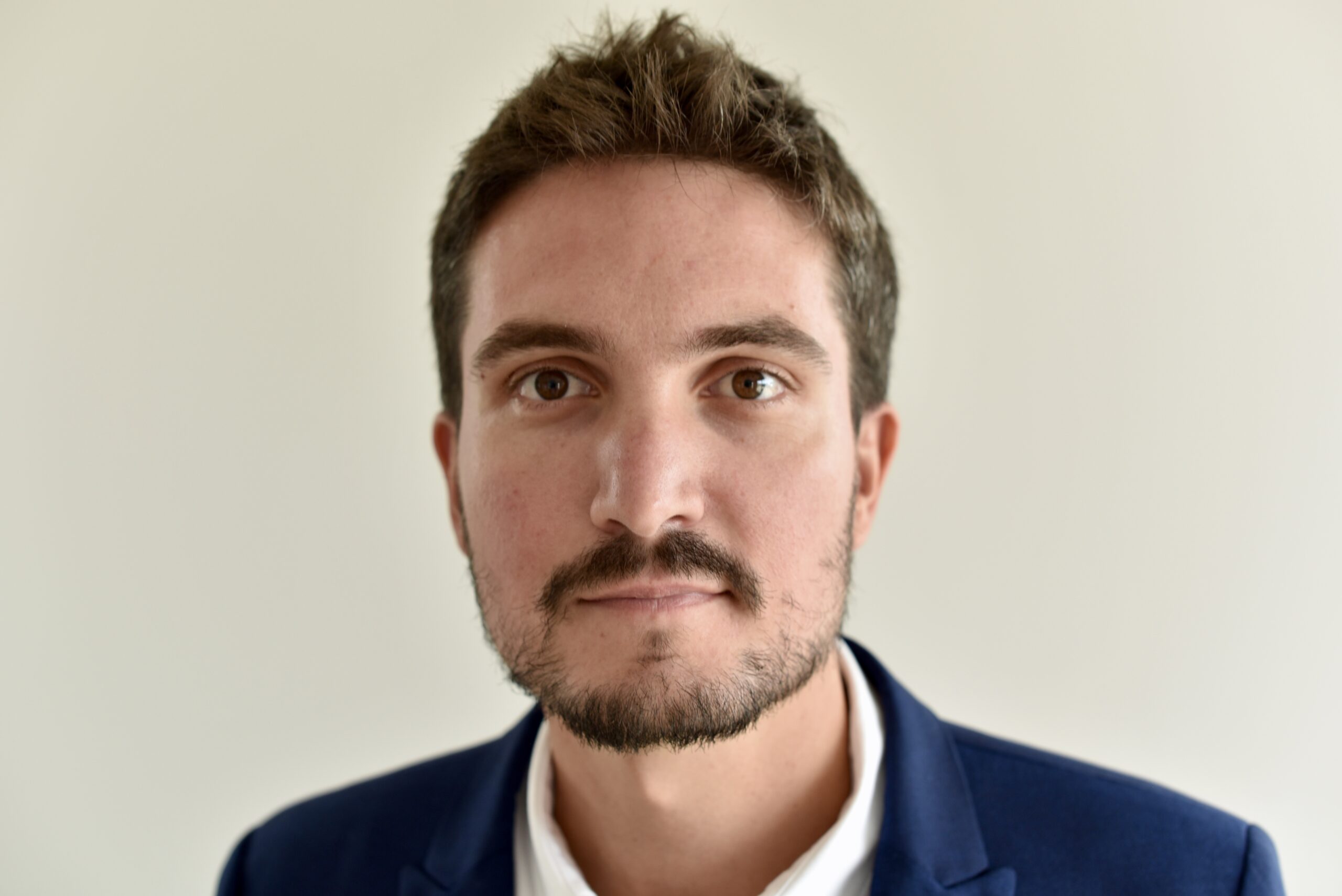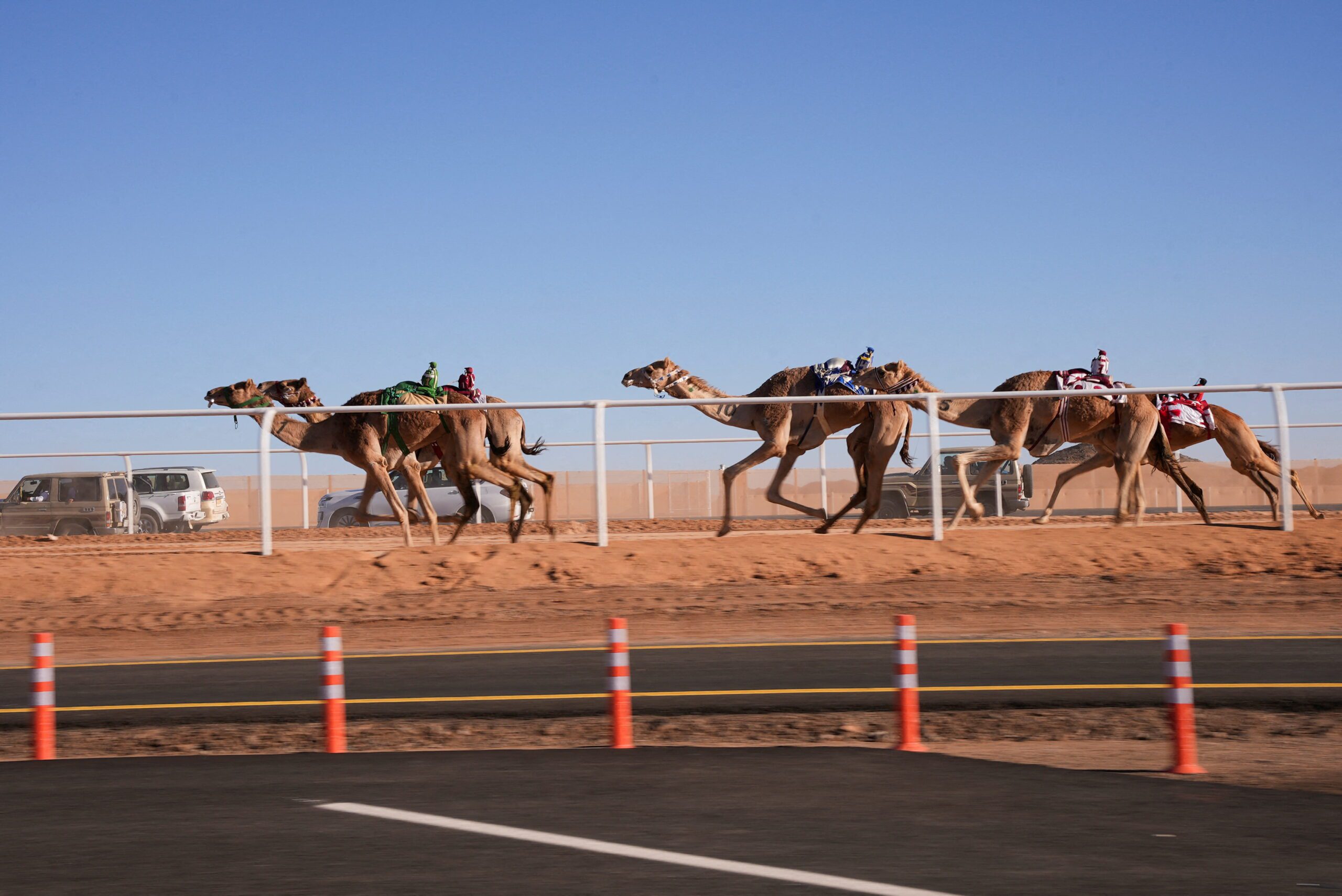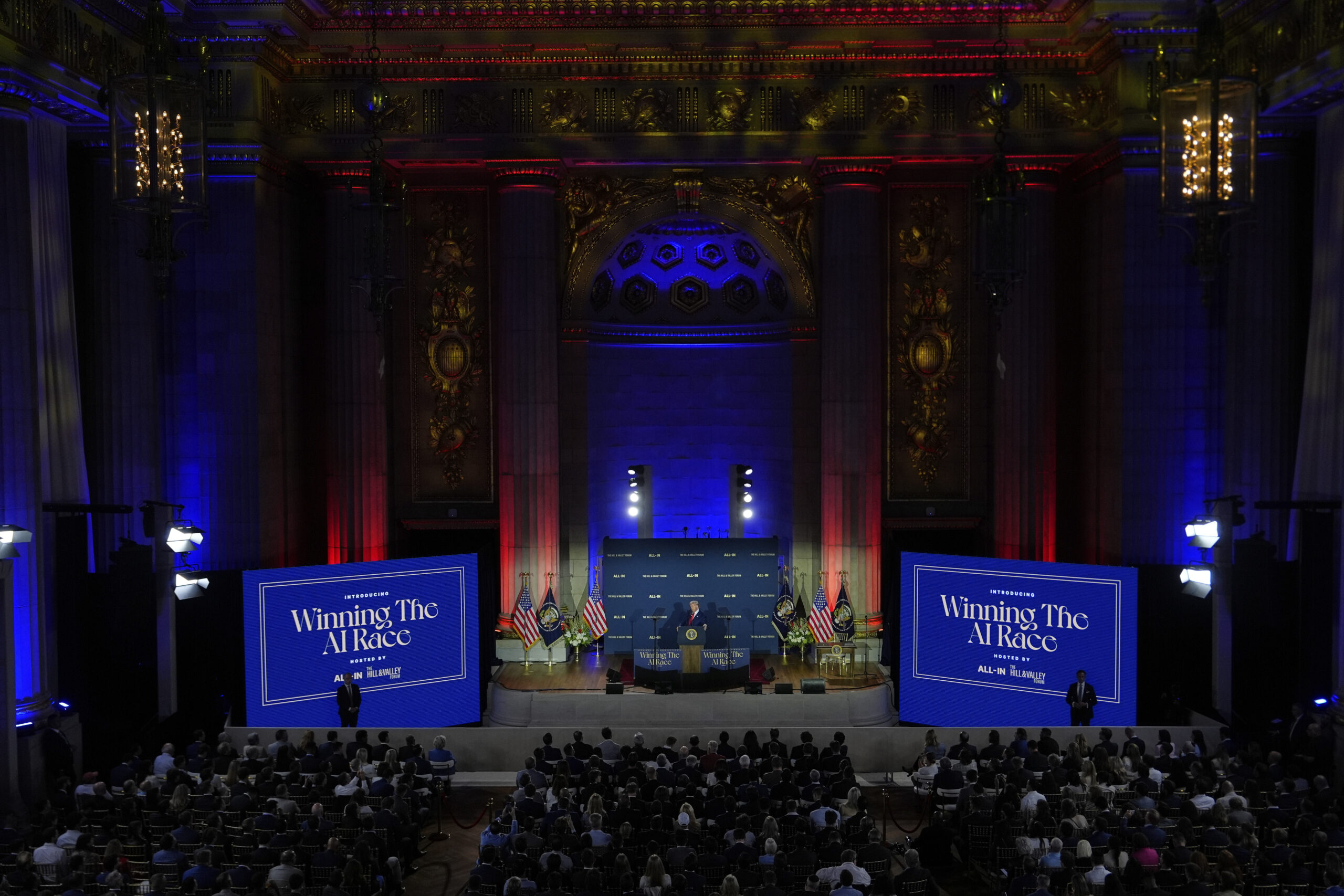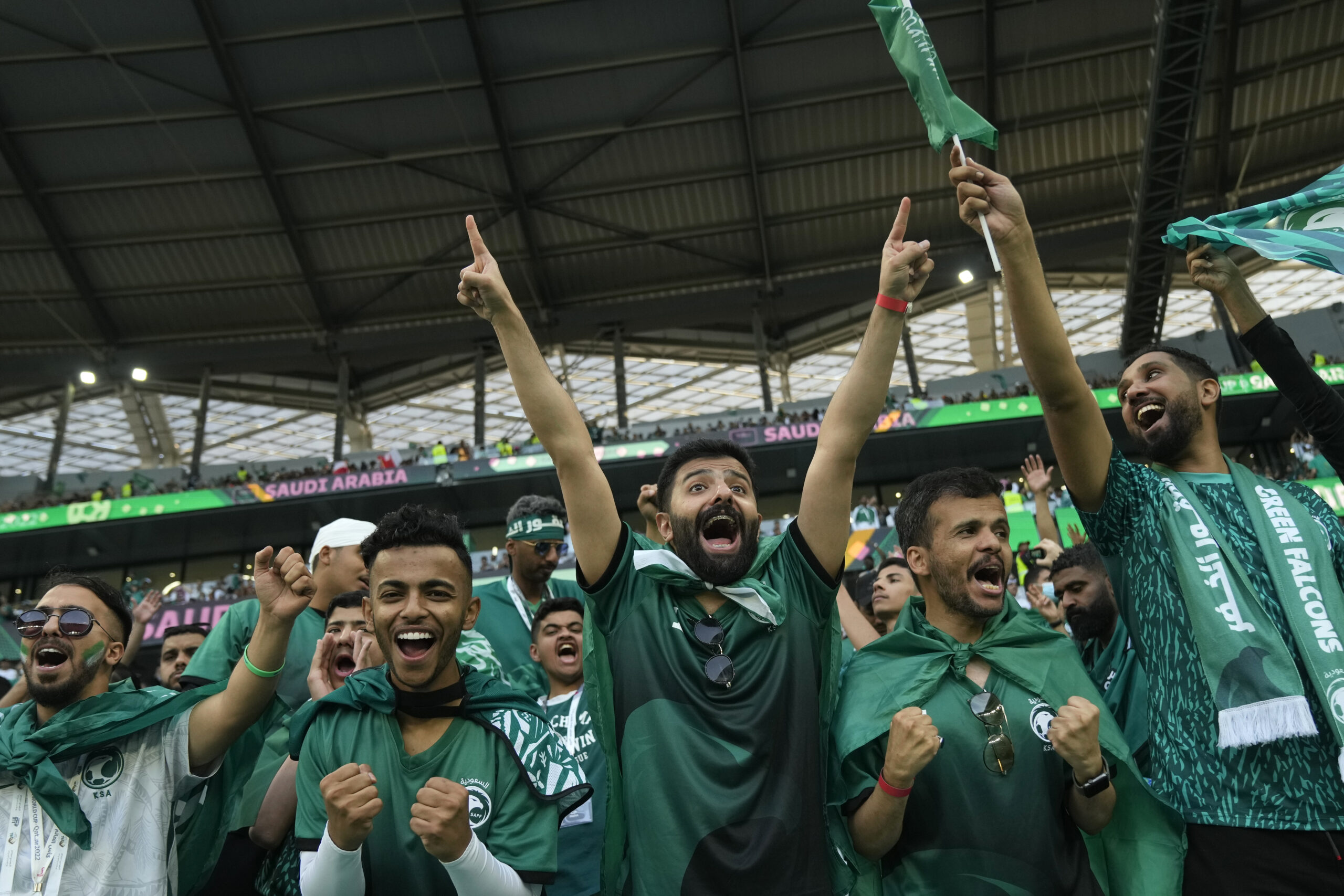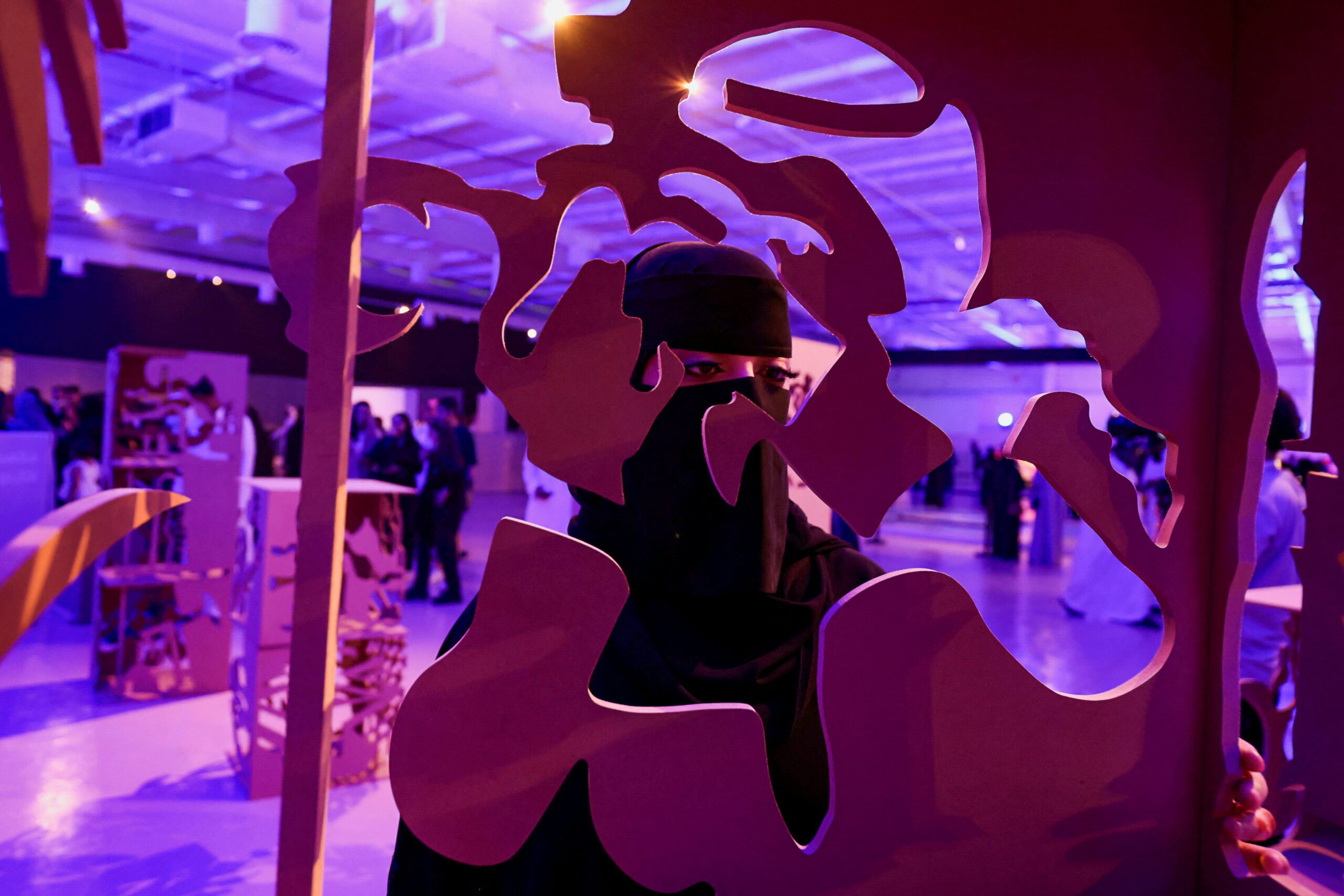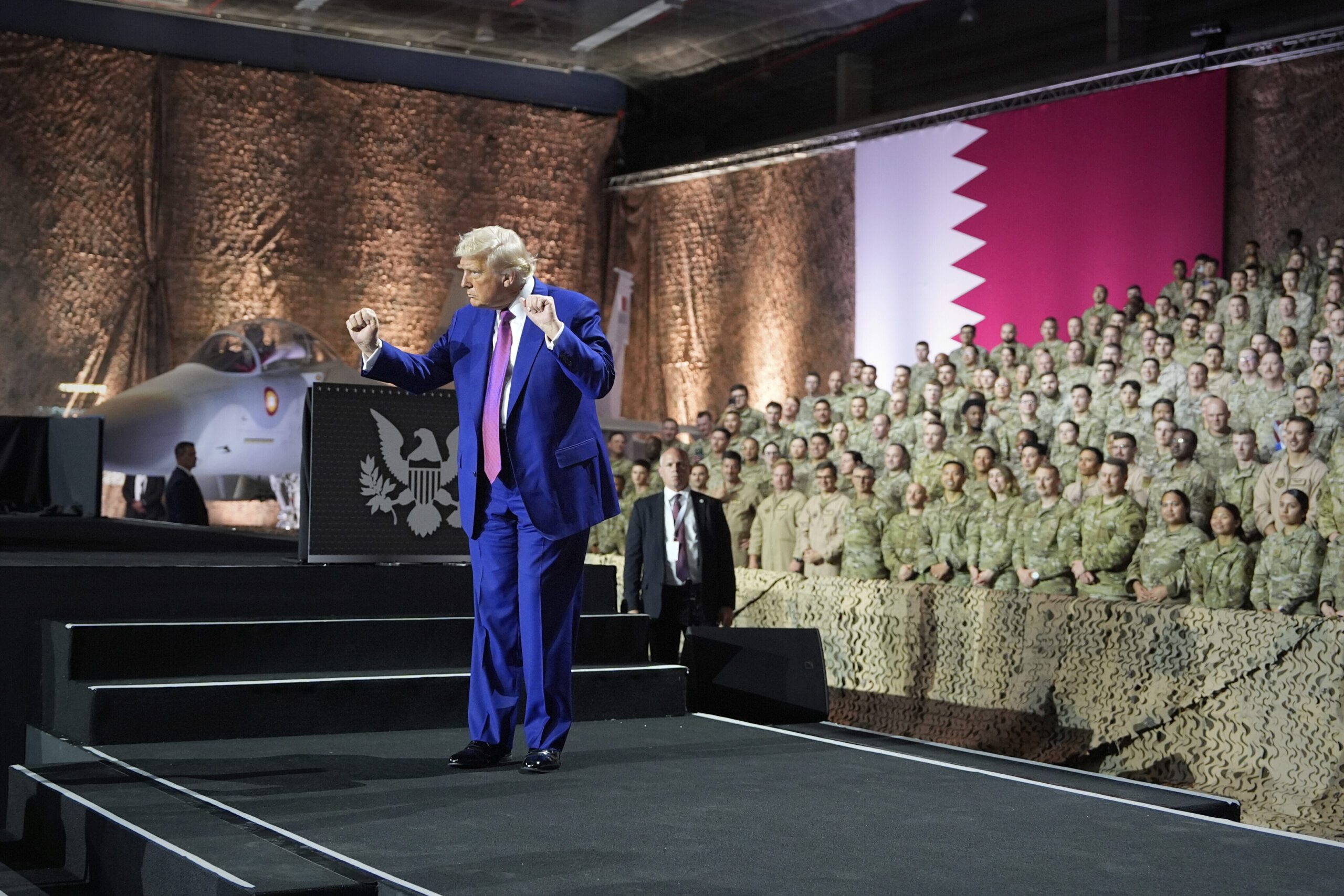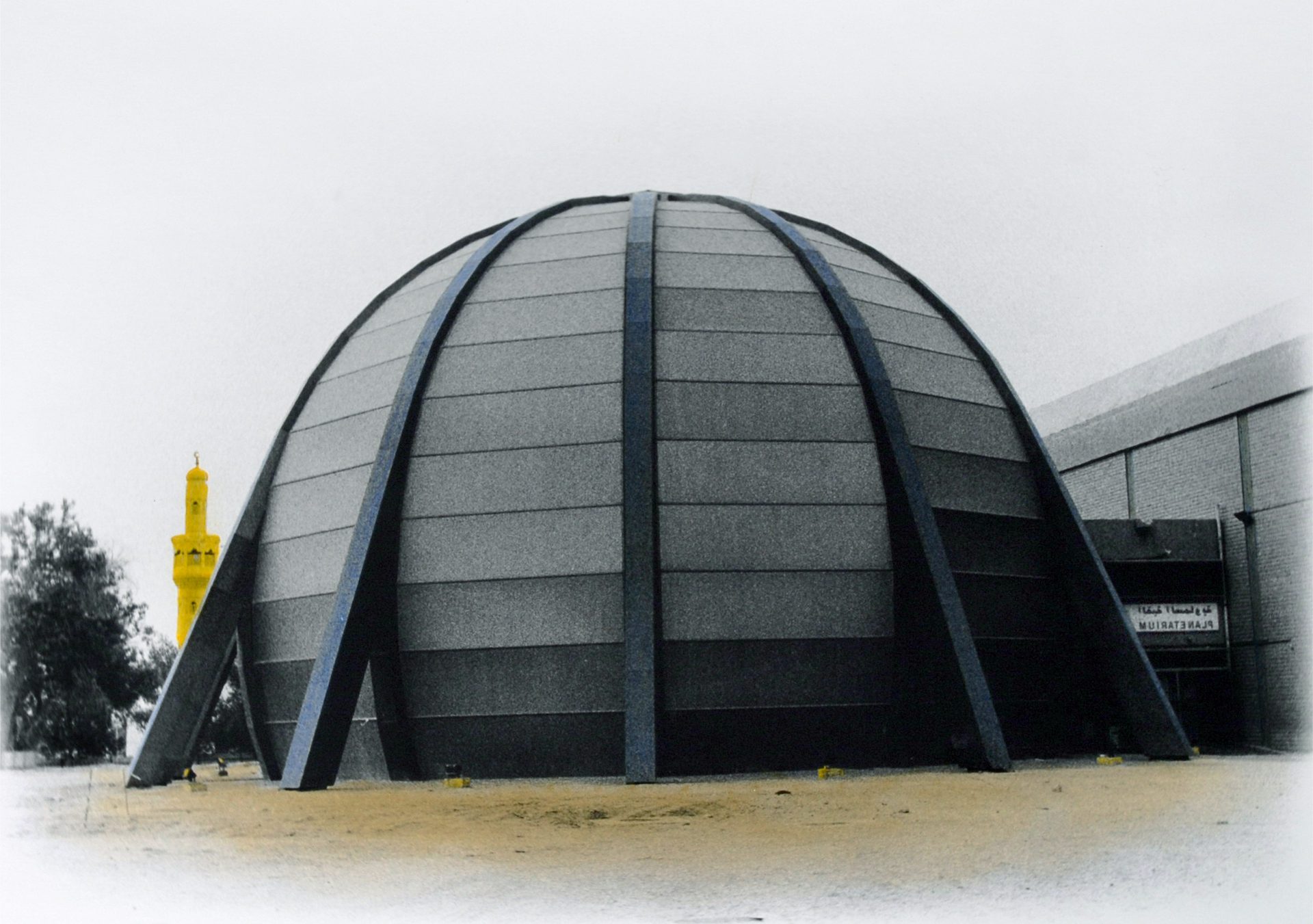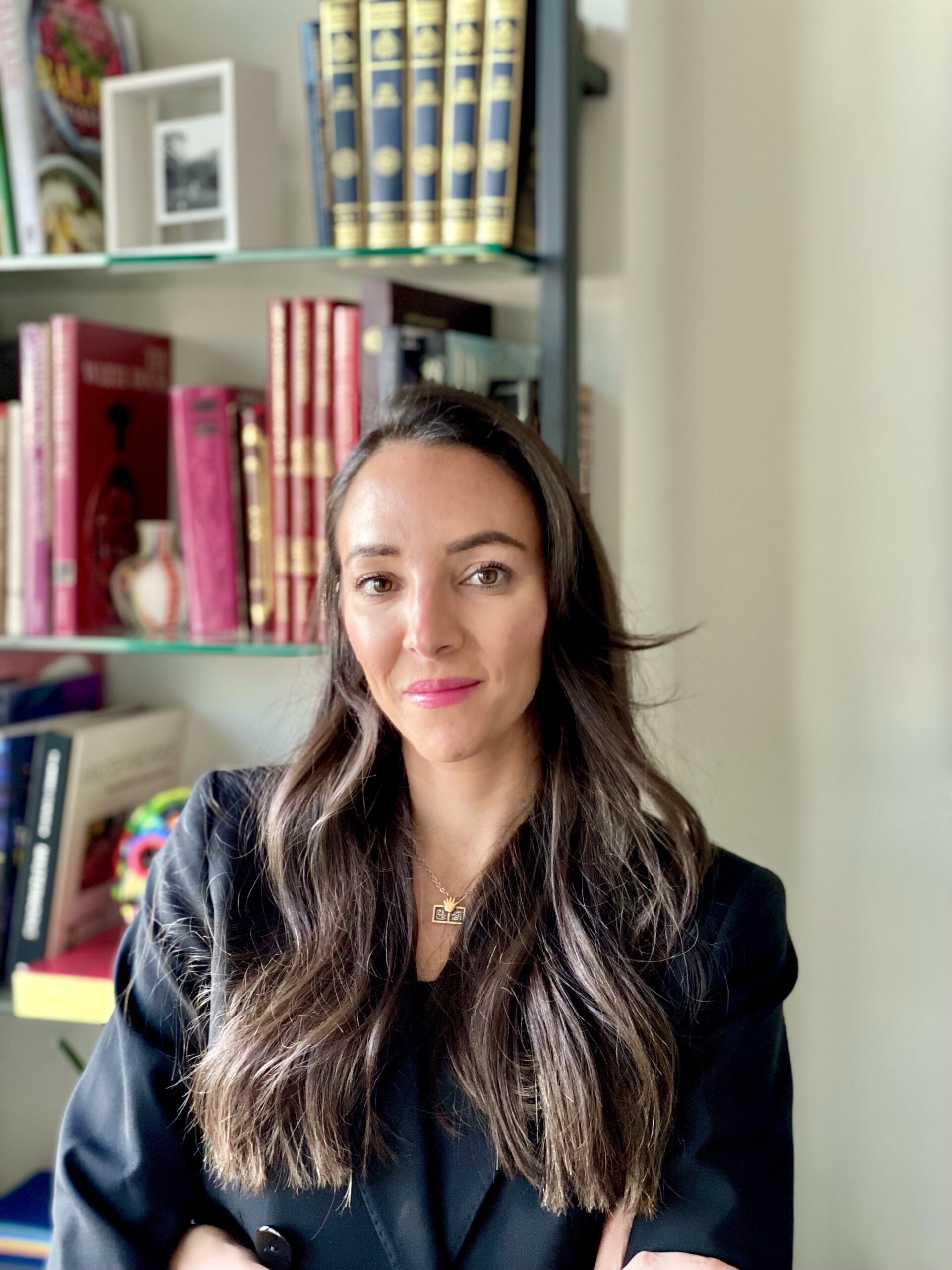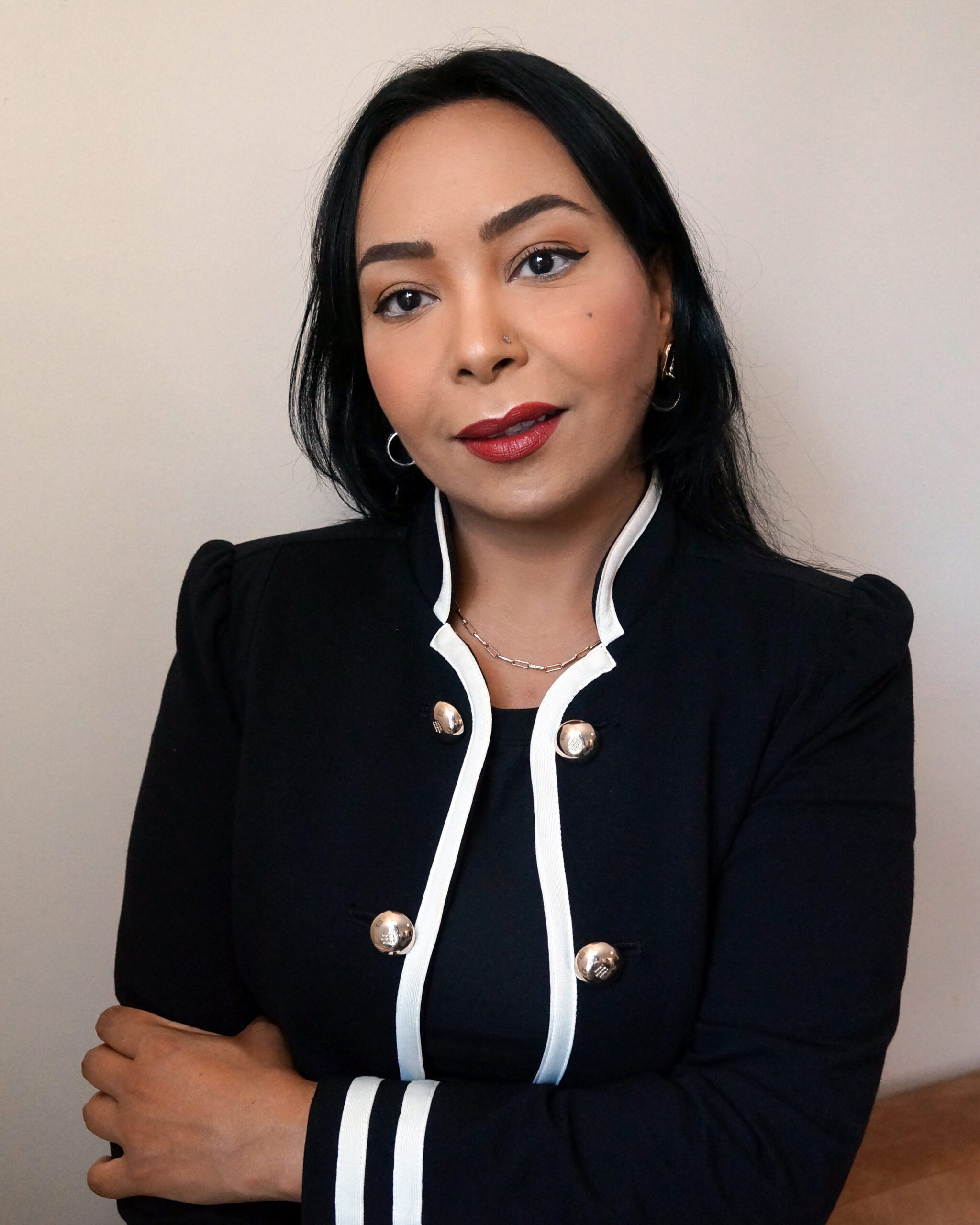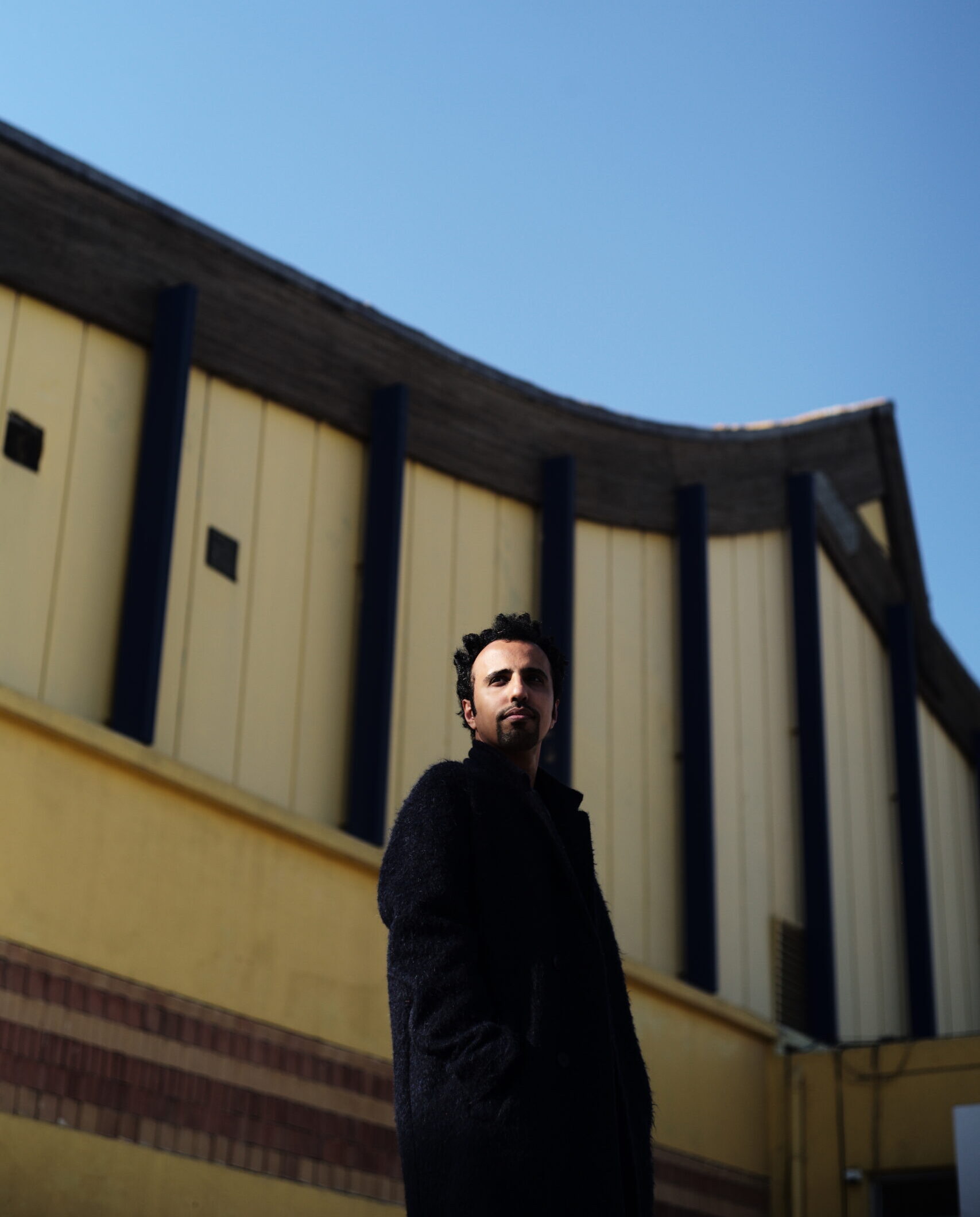National Identity and National Projects in the Arab Gulf States
In recent years, Gulf states have undertaken steps to promote national identity and inculcate a stronger sense of national belonging that ties citizens to the state and its leadership.
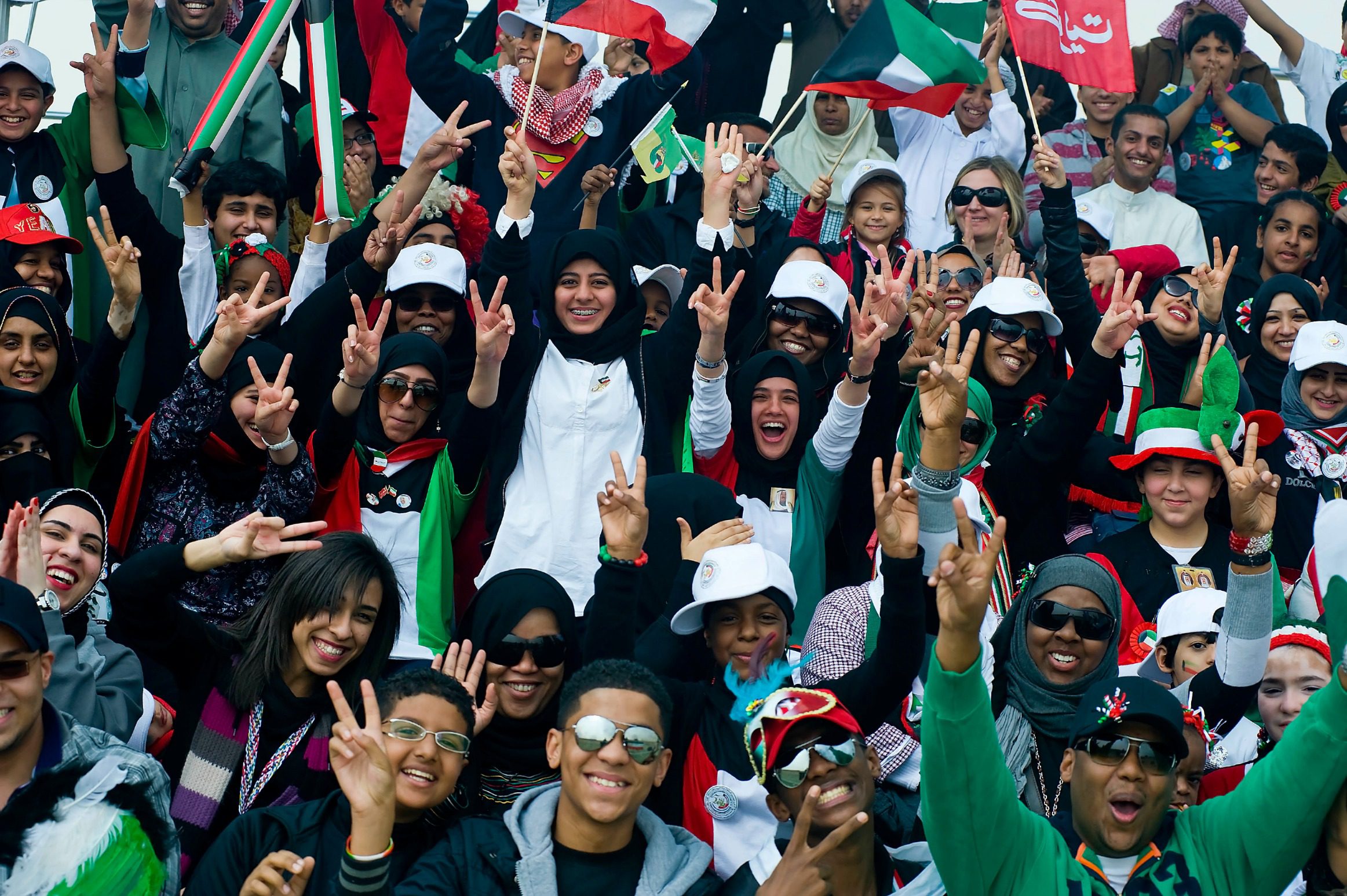
Executive Summary
In recent years, Gulf states have undertaken steps to promote national identity and inculcate a stronger sense of national belonging that ties citizens to the state and its leadership. This represents a shift in policy for these Arab monarchies that had previously viewed national mobilization as more of a threat than an asset. It also represents a marked change in Gulf societies that have been organized politically on the basis of tribe, or religious sect, and mobilized along Islamic and Arab identity.
A complex nexus of economic, political, and geopolitical forces is driving these projects of national identity, which vary in scope and content across the Gulf. The mechanisms that shape this emerging identity are varied and include national days, national dialogues, and national service; foreign policy and foreign wars; and heritage projects, arts, museums, and archives. Social dynamics and social communications, such as social media, also interact to reinforce or reimagine the emerging nationalism.
Key points that emerged from the discussion on national identity and national projects include:
● Gulf states are promoting a “new nationalism” in response to a confluence of factors: demographic pressures; fiscal challenges; the rising threat of transnational ideologies and movements; and regional unrest.
● The high percentage of expatriates and foreign workers relative to Gulf nationals is generating cultural anxieties and engendering a defensive nativism. Gulf states pursuing strategies of global integration are redefining nationalism to embrace cultural pluralism and global engagement in a way that supports their economic and political ambitions.
The Watani project in the UAE produced a series of videos presenting Emirati heritage as part of a wider international heritage, like this one featuring Brazilian kids joining in the traditional Emirati “Yola” dance.
● Gulf interventions in civil wars in Yemen, Libya, and Syria both reflect national ambition and rally nationalist sentiment. But national identity may also be strengthened by refusal to intervene, as seen in the case of Oman.
● The new nationalism is distinguished by its participatory nature, mobilizing citizens in support of the country and its leadership. Yet it remains unclear whether this mobilization will be accompanied by greater political representation, although many workshop participants thought this would be necessary.
● Individual citizens may differ in the degree to which they find a place within the new nationalisms, which vary across Gulf states in their ideational content and degree of inclusivity:
● Identity in the Gulf is shaped by “tribal” modes of governance, where power and wealth are distributed, in part, on the basis of kinship. Yet, ironically, this system has resulted in the relative marginalization of bedouin, or more recently settled populations.
● Islamic identity and political mobilization may compete with national identity or augment state power, depending on specific state policies as well as regional and global political context. Today Gulf states are actively intervening in the Islamic political field, sometimes in contradictory ways, to orchestrate support for national projects or to ameliorate the deleterious impact on women and minorities.
● Some of the smaller Gulf states have promoted women into positions of authority, making women’s advancement part of the national project. Yet restrictive marriage and citizenship laws continue to place the burden of national preservation on women.
The views represented herein are the author's or speaker's own and do not necessarily reflect the views of AGSI, its staff, or its board of directors.

